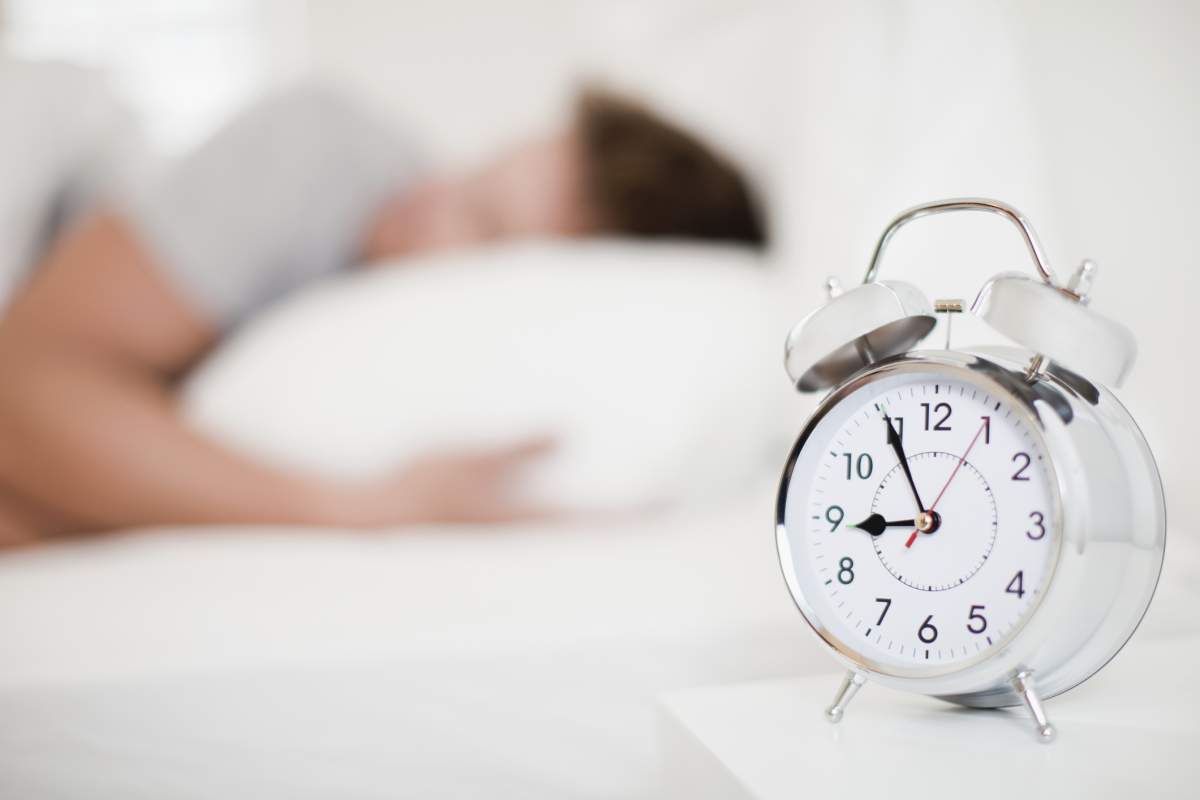Time could be ticking on a long-time tradition in British Columbia. Premier John Horgan says that if California goes ahead with sticking on permanent daylight saving time, B.C. could very well follow suit.

On Tuesday, a majority of California voters, nearly 60 per cent, voted in favour to leave the state in daylight saving time all year round.
“There is a long way to go still but I can’t imagine British Columbia can’t go down that route if California chooses to,” said Horgan on Wednesday to Global News.
In order for the clocks to be fixed all year round two-thirds of the members of the California state legislature would have to vote in favour of the change. There would then have to be the support of a majority of the national congress to change the federal law.
WATCH HERE: A week after saying it wasn’t on the radar, the B.C. government says it may be time to consider abandoning Daylight Saving Time

“A two-thirds vote isn’t easy to do, particularly in the United States, and then they would need approval of Congress,” Horgan said.

Get breaking National news
“It certainly speaks to how much people care about this issue. I have received tens of thousands of emails from British Columbians who want to stay on Daylight Saving time. I said last week that as long as our neighbours, trading partners are changing their clocks, we should too,” said Horgan.
Horgan seemingly put the time change issue to bed last week when he told reporters the challenge with stopping the practice of changing the clocks was working with other jurisdictions along the west coast. Oregon and Washington had previously indicated a lack of interest in making a change.
Democratic Rep. Kansen Chu of San Jose said last month that he sponsored the California resolution after his dentist called him to complain about springing forward when clocks are moved up an hour every March. That switch takes away an hour’s sleep in the middle of the night as it shifts an hour of sunlight from the morning to the evening.
Chu said he investigated the issue further and learned the original reason for implementing Daylight Saving Time — to save energy during the First World War — no longer seemed relevant.
Chu said he also came across studies showing an increased risk of car accidents and heart attacks following the spring change when people lose an hour of sleep.
“It’s a public safety measure,” Chu said. “And I don’t know anybody who really enjoys doing this adjustment of their schedule twice a year.”
–With files from the Associated Press








Comments